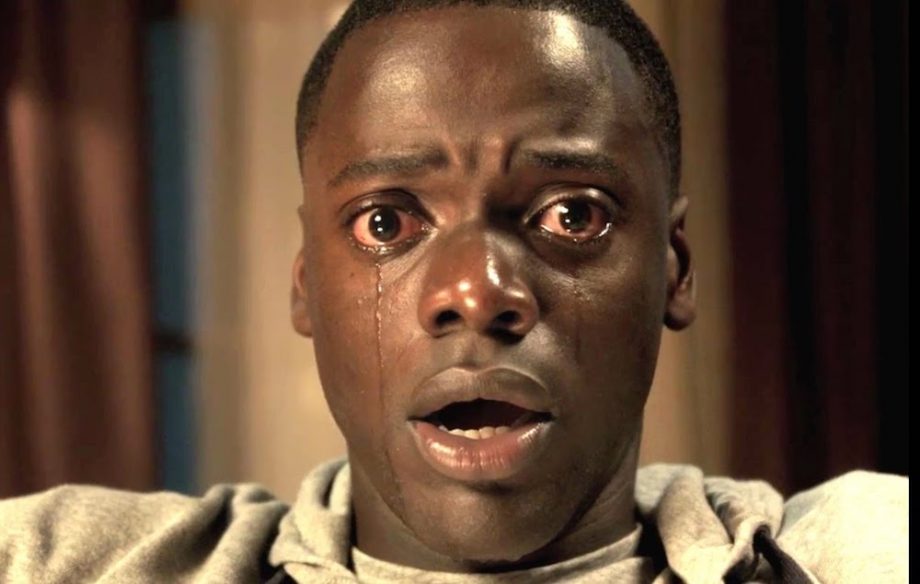Says Xavier Burgin, in the striking opening statement of his 2019 documentary Horror Noire: A History of Black Horror.
It is no secret that Western cinema has had a long history of erasure and racism, and horror is a genre with a particularly problematic history when it comes to representation. As Black actors slowly got introduced into the screen, the roles that were offered were often reductive: the token Black character, the first one to die, the sidekick and the voodoo witch are just a few of them. Yet recently things have been changing: new doors seem to be opening, and Black horror films that were neglected are being rediscovered by the public. Therefore, in honor of Black History Month and Halloween, here are five key films of Black horror history that you should include in your October marathon.
Night of the Living Dead (1968), dir. George A. Romero
Considered as the launching of the modern zombie film, Night of the Living Dead is one of the rare films of its time that features a Black man as its protagonist. The story follows a group of people trapped in a farmhouse as they are attacked by bloodthirsty creatures. Ben, played by the iconic Duane Jones, is not a sidekick or mere token: he is an active character who takes charge of his fate and drives the movie from the beginning to the end. Visually haunting, Romero’s film continues to chill its audience even today.
Blacula (1972), dir. William Crain
The 70s are marked by the emergence of the Blaxploitation subgenre. While the era has received backlash for solidifying stereotypes, it has also opened doors for Black representation. Blacula tells the story of an African prince who was turned into a vampire by Count Dracula while visiting him in Transylvania. Two centuries later, he stumbles upon a woman who he believes to be his wife’s reincarnation. William Marshall’s performance as the first Black vampire is both terrifying and mesmerizing. Campy and vintage, the story is filled with underlying messages on slavery and Black identity.
Ganja & Hess (1973), dir. Bill Gunn
After the success of Blacula, Bill Gunn was approached with the idea of a new Black vampire film. However, his picture quickly took a very different direction. After getting stabbed with a ceremonial dagger, Hess Green gains the power of immortality and a thirst for blood. He then forms a passionate relationship with Ganja and gives her the same gift and curse. Unconventionally structured, Gunn offers a profoundly human take on the vampire film that touches on addiction and African American heritage. Shortened without the director’s consent, the film has since been restored to its hypnotic and psychedelic form.
Eve’s Bayou (1997), dir. Kasi Lemmons
Although not marketed as horror, it undoubtedly holds elements of the genre. Kasi Lemmons’s film tells the story of ten-year-old Eve Batiste who helplessly watches her family fall apart as she learns about her father’s numerous infidelities. Blending a family drama with the Gothic and supernatural, Eve’s Bayou is a psychological and sensitive tale about puberty and secrecy that displays a singular and atmospheric quality. This exquisite and mystical film has played a distinctive role for Black female directors in cinema.
Get Out (2017), dir. Jordan Peele
You’ve probably seen this one already, but have you had enough of it yet? As Chris Washington anxiously visits his girlfriend’s family, he slowly realizes that a horrifying secret lies behind their awkwardness. While the genre was suffering from its remakes and never-ending tropes, Get Out offers a compelling and original story that reminds us of the beauty of horror. Thrilling, hilarious and deeply symbolic, Peele’s brilliant debut film quickly made him one of the leading figures of contemporary horror.
BONUS. Horror Noire: A History of Black Horror (2019), dir. Xavier Burgin
Featuring interviews of actors, writers and directors of the genre, Horror Noire is a detailed piece that traces the history of Black horror from the controversial Birth of a Nation (1915) to Jordan Peele. Offering various insights and analyses, it sheds a new light on films that were marginalized and serves as a perfect catalogue for horror fans. After the international success of Get Out, Jordan Peele has continued to deliver in quality and originality with his 2019 film Us and his Twilight Zone web-series. Recently, it was announced that he would be rebooting the horror classic Candyman. Yet, the genre has still a lot to learn and make up for, as recent horror films continue to show traces of this history of erasure. It is important to remember that on-screen and behind-the-screen representation shouldn’t rely on a single man, and that the studios and their audiences should keep on pressuring for equal visibility.
Image Credit: Blumhouse Productions

